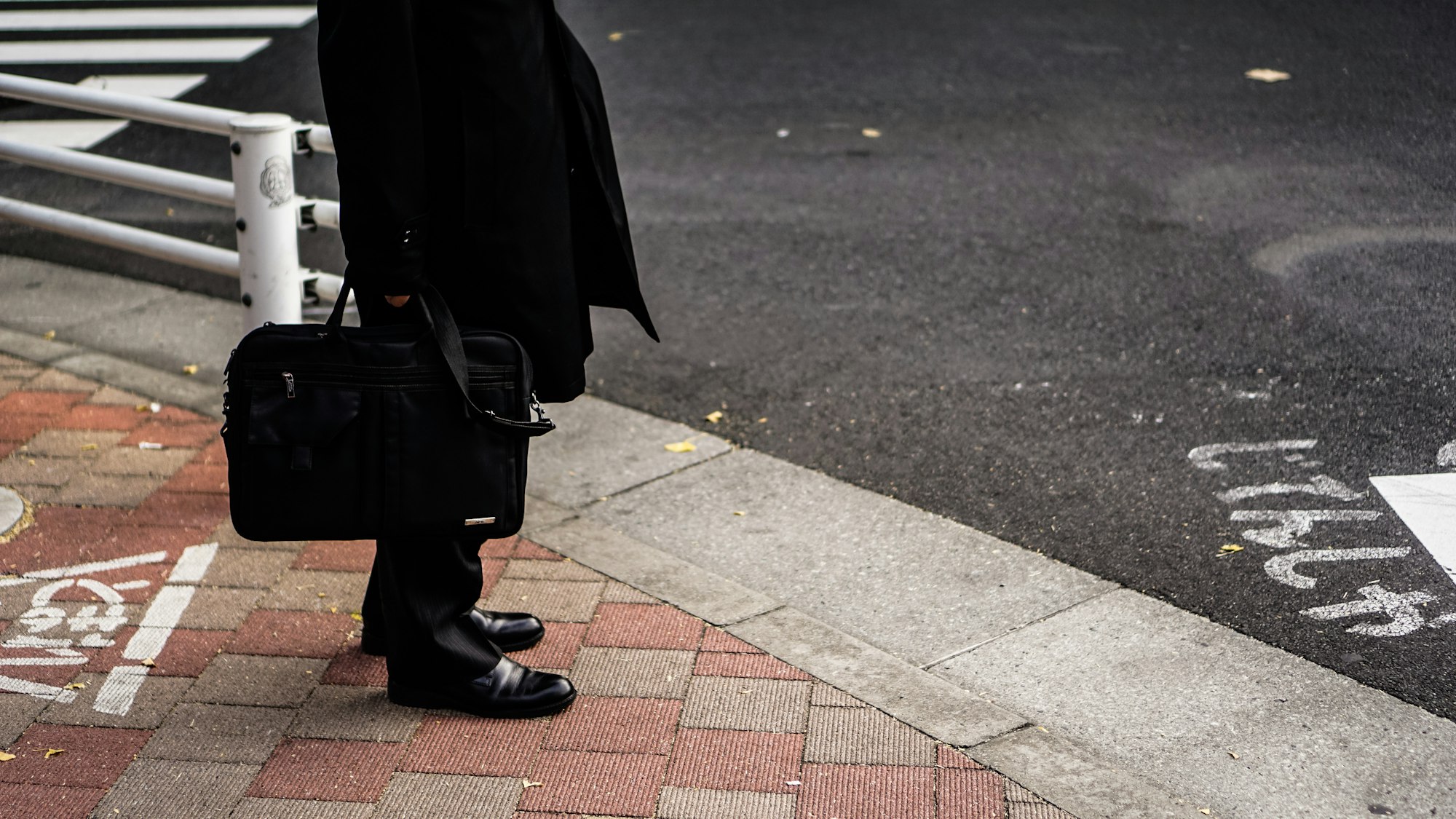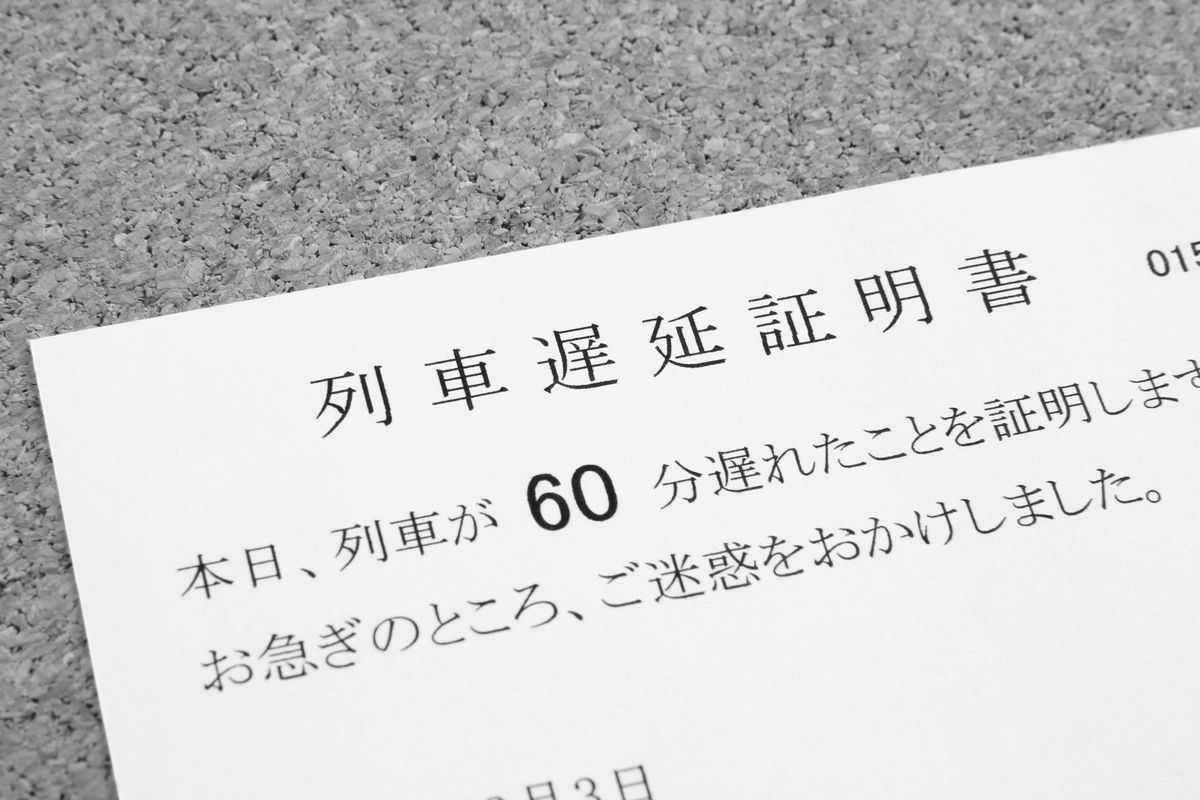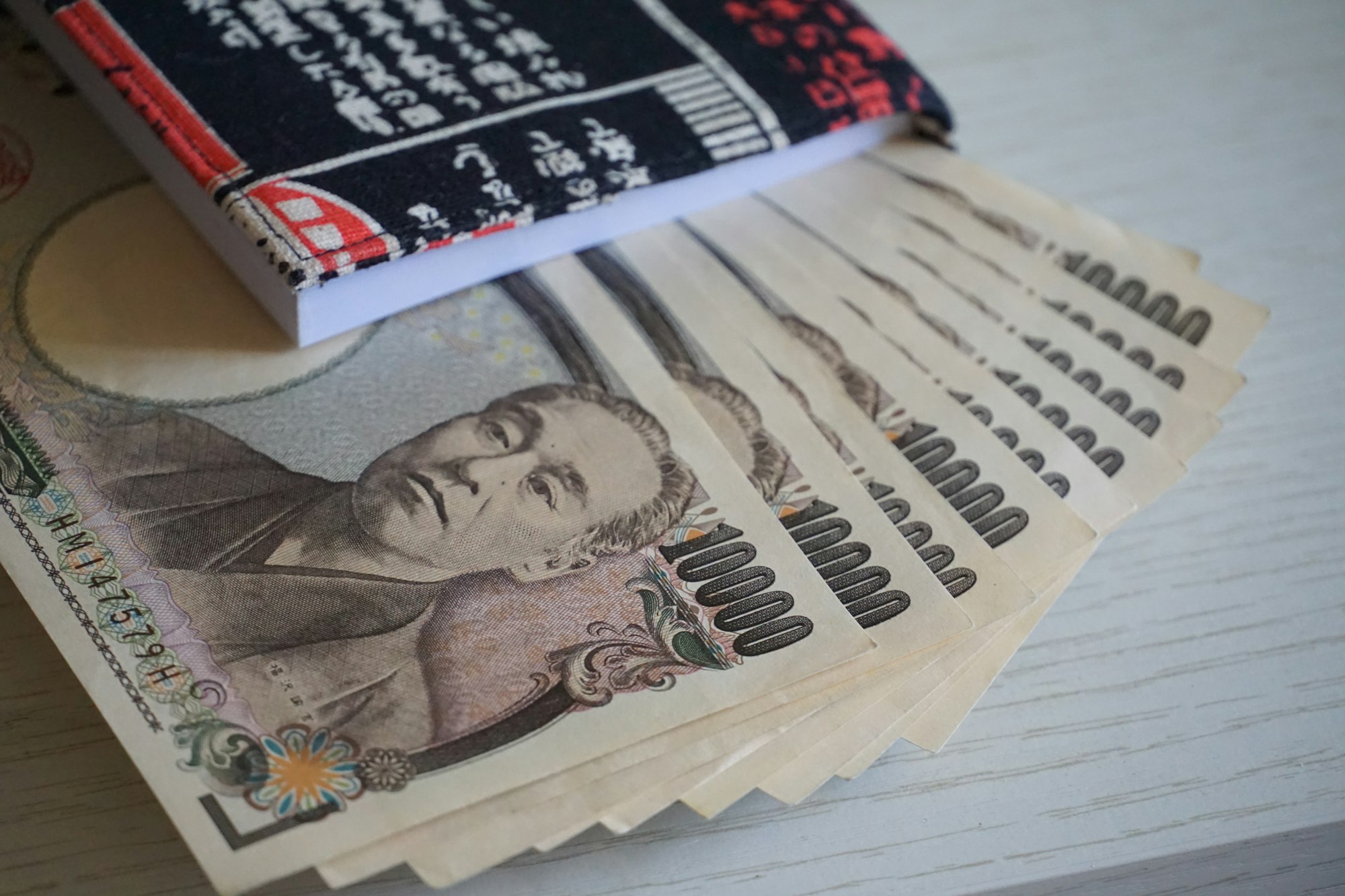
Malaysian Work Culture VS Japan Work Culture
 Tako
•
•
5 min read
Tako
•
•
5 min read
A comparison of the different work cultures between Malaysia and Japan.
Disclaimer: I've actually only worked in a small Malaysian law firm for a little over a year, and so this will be based on that experience.
1. Morning Assembly
Japan offices hold a morning assembly called chourei 朝礼 once a week or once a month. It may include reciting the company's mission statements, light exercises/stretching, important announcements, and cheery greetings to raise morale. In light of the Covid situation, some companies have cancelled morning assemblies altogether, allow participation online, having it in the afternoons to accommodate staggered working hours, or doing it once a month only.
In Malaysia, we experience morning assemblies in schools only. Though, there are some factories / companies, whose mother company is in Japan, that implement the morning assembly.
2. Office Cleaning

One thing I'm grateful for in Malaysia is that I didn't have to clean office at all, aside from occasionally tidying up my desk. Some small companies have employees clean the offices but the majority hire a cleaning service which I think is due to cheaper labour costs. On the last work day of the year before the office closes for nenmatsu nenshi 年末年始 (Year End & New year), companies do oh-souji 大掃除 which is like spring cleaning where a deep clean of the office is done.
In Japan, most if not all companies have their workers cleaning the office. My previous company sets aside 15-20 minutes every Monday where we followed a duty roster. The toilets were cleaned by a cleaning service but everything else from dusting, vacuuming, taking out the trash, cleaning the microwave/sink/coffee machine/humidifier/dehumidifier/fridge were done by us. In Pancake's case, they had to clean the toilets themselves too.
3. Timeliness
Japan is famous for timeliness and more so when it comes to office hours. At my previous company, when they say start work at 9:00 they really do mean it. We are expected to clock-in at least 5 minutes earlier to prepare (starting up PC, etc.) to start work at 9 on the dot.

If you think you'll be late, whether due to traffic or any other reason, make sure to let your superior immediately. Explanations after being late are not tolerated. If the train is delayed, get a chien-syoumeishou 遅延証明書 from the train station. This is not just proof of your delay, it also lets the company "excuse" you for being late which is important as your pay may be deducted for lateness.
Personally I find Malaysia a lot more tolerant of lateness. My company allowed 15 minutes leeway in account of morning traffic.
4. Lunch Break

Lunchtime in Malaysia was fun. I enjoyed eating out with my colleagues and chitchatting about our lives and stuff. It makes for great bonding and we became really good friends over time. Here... not so much. A lot of Japanese office workers bring their own lunch to work, they also prefer to eat at their desks alone. Eating together is usually reserved for special occasions or a nice treat, not a daily affair. Of course, there are exceptions to this but this is what I experienced working at two different Japanese companies.
5. Work Records
I never ever had to do this in Malaysia. At most, a rare verbal update about what I've been doing for a particular case or emailing my work. Japan offices are pretty anal about employees recording what they've done in a day. Both my current and previous company required us to log our tasks for the day as well as time taken for each task, this needs to match up with hours worked in the day.
6. Work Manners
This goes hand-in-hand with hierarchy below. As a foreigner, I am not expected to have perfect keigo, I do well enough with ending my sentences with -masu and -desu. Other things to keep in mind are business card exchanging, bowing, office wear, the correct suffix to use, business emails, and even appropriate usage of emoji.
7. Hierarchy
There are three types of hierarchies in Japan, by age, position and time. This can be related, like the longer you work in the company the more likely to be promoted to a better position. How big of a deal is hierarchies? It affects everything from salary, job assignments, decision making, keigo usage, and even greetings like angle to bow and who to address first in a meeting. For an idea about how bad this can get, watch the Shin Godzilla movie. It is incredibly frustrating.
There are startups and international companies have stopped with this hierarchy nonsense, choosing to recognize actual results but old Japanese companies still stick to their ancient ways.
In this sense, I think Malaysia is way better.
8. Working Hours
You're probably wondering, "Is it true that Japanese employees work OT for no reason? Plus mindlessly surfing the web to look busy?" I can't actually confirm this. But I can say that at my previous job, my contract said I could leave 30 minutes earlier if I finished my work for the day. I was going to do so but was asked to stay back to "study some more" 🙄.
9. Meetings
"This could've been an email," is something you'll be thinking a lot when working in a Japanese company. Some matters are better discussed in a meeting, but there are plenty of other team meetings, quarterly meetings, update situation meetings, confirmation meetings that can be done without or at least does not require everyone to attend.
10. Entertainment

Japan's drinking culture in the form of nomikai 飲み会 are important for closing business deals and fostering good relationships with colleagues and superiors. It may be quite difficult to get close to colleagues during working hours, especially Japanese ones. Nomikais are the best chance to bond with your coworkers, watch them let loose, and talk about non-work related things. Depending on the company, whether most employees are young singles that like to party or have families, your coworkers may or may not be understanding if you decide to skip out on drinking sessions.
11. Commuting Expenses
One awesome thing about Japan that Malaysia does not have is commuting expenses is covered by the company. When choosing a job in Malaysia, one of the essential factors to consider is how much the commute expense would cost. In Japan, this is not that big of a deal. Most companies will cover up to 10,000 yen a month of commuting expenses.
12. Salary Payment

In Malaysia, generally companies pay salary in the first week of the month. In Japan however, there's no exact timing as every company has a different accounting periods. Our current company pays us on the 25th of the following month, Pancake's previous company paid on the 15th, and my previous company on the 10th.
Until next time (*>ω<*)